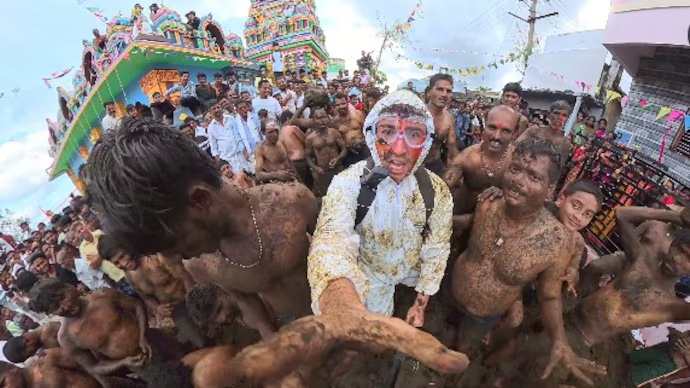Now Reading: Why Gen Z is Refusing Marriage and Tradition
-
01
Why Gen Z is Refusing Marriage and Tradition
Why Gen Z is Refusing Marriage and Tradition

A growing number of young Indians, especially in Tier 2 and Tier 3 cities, are questioning traditional expectations around marriage and family. Gen Z is increasingly prioritizing personal freedom, career growth, and self-exploration over societal norms that have long defined adulthood. This shift reflects changing values, greater exposure to global perspectives, and a desire to make life choices on their own terms.
One factor is independence. Many young adults want to focus on education, travel, or career opportunities before committing to marriage. Delaying or rejecting traditional paths allows them to explore personal goals without the pressure of conforming to family expectations.
Changing perceptions of relationships also play a role. Gen Z views partnerships as flexible, based on compatibility rather than obligation. Cohabitation, long-term dating, or opting out of marriage entirely is increasingly accepted among peers, challenging the conventional notion that marriage is a mandatory milestone.
Social media and global exposure influence these choices. Platforms showcasing diverse lifestyles and success stories allow young Indians to see alternatives to traditional norms. This visibility encourages questioning of practices like arranged marriage, gender roles, and family-driven expectations.
The shift is not without challenges. Families may resist, cultural judgment persists, and societal pressures can create conflict. However, open communication, mutual understanding, and respect for personal choices are helping bridge generational gaps.
Ultimately, Gen Z’s approach to marriage and tradition signals a redefinition of adulthood in India. Prioritizing personal autonomy and meaningful relationships over societal obligation reflects a nuanced, evolving perspective on life, choice, and happiness.

























